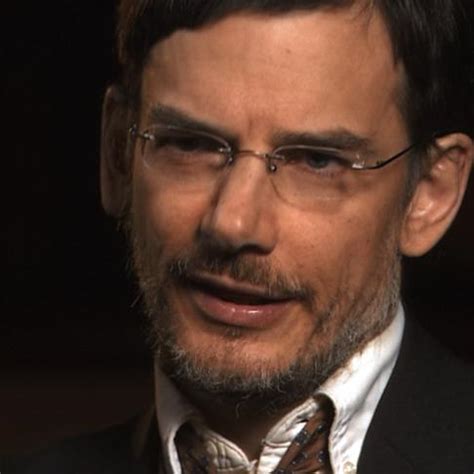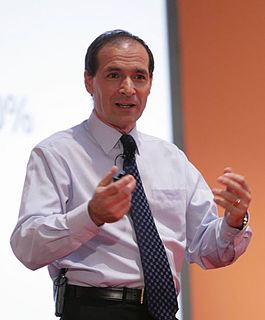A Quote by Nassim Nicholas Taleb
I've debated many economists who claim to specialize in risk and probability: when one takes them slightly outside their narrow focus, but within the discipline of probability, they fall apart, with the disconsolate face of a gym rat in front of a gangster hit man.
Related Quotes
The risk of an investment is described by both the probability and the potential amount of loss. The risk of an investment-the probability of an adverse outcome-is partly inherent in its very nature. A dollar spent on biotechnology research is a riskier investment than a dollar used to purchase utility equipment. The former has both a greater probability of loss and a greater percentage of the investment at stake.
According to theism, if a universe is to have any probability of existing, this probability is dependent upon God's beliefs, desires and creative acts. But the Hartle-Hawking probability is not dependent on any supernatural considerations; Hartle and Hawking do not sum over anything supernatural in their path integral derivation of the probability amplitude.
Projects are usually undertaken to either solve a problem or take advantage of an opportunity. The probability that the project - even if precisely executed - will complete on time, on budget, and on performance is typically small. Project management is utilized to increase this probability. So in a sense, project management is risk management.
A realistic definition of risk recognizes the potential loss of capital through inflation and taxes, and would include at least the following two factors: The probability that the investment you chose will preserve your capital over the time you intend to invest your funds. The probability the investments you select will outperform alternative investments for this period.



































